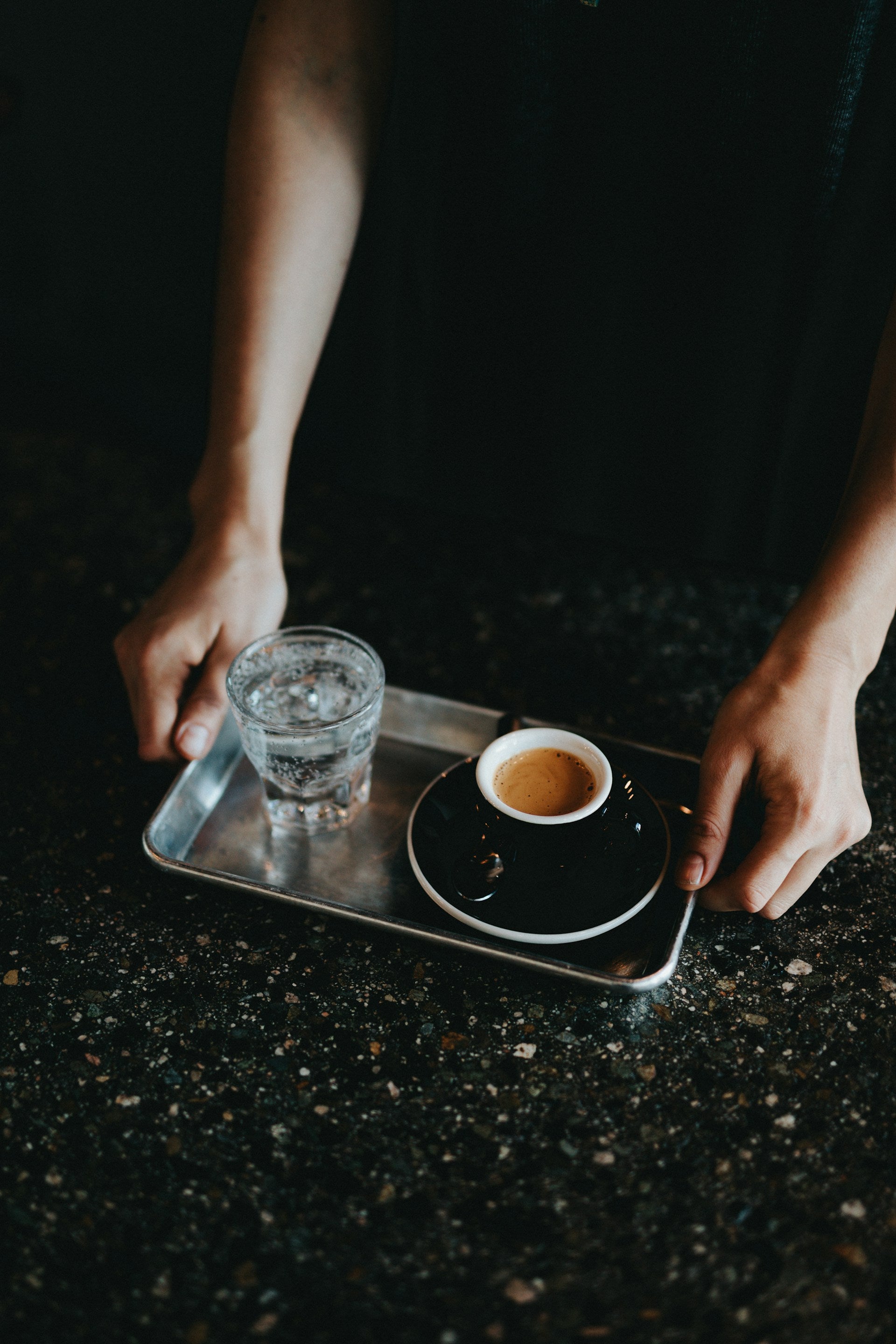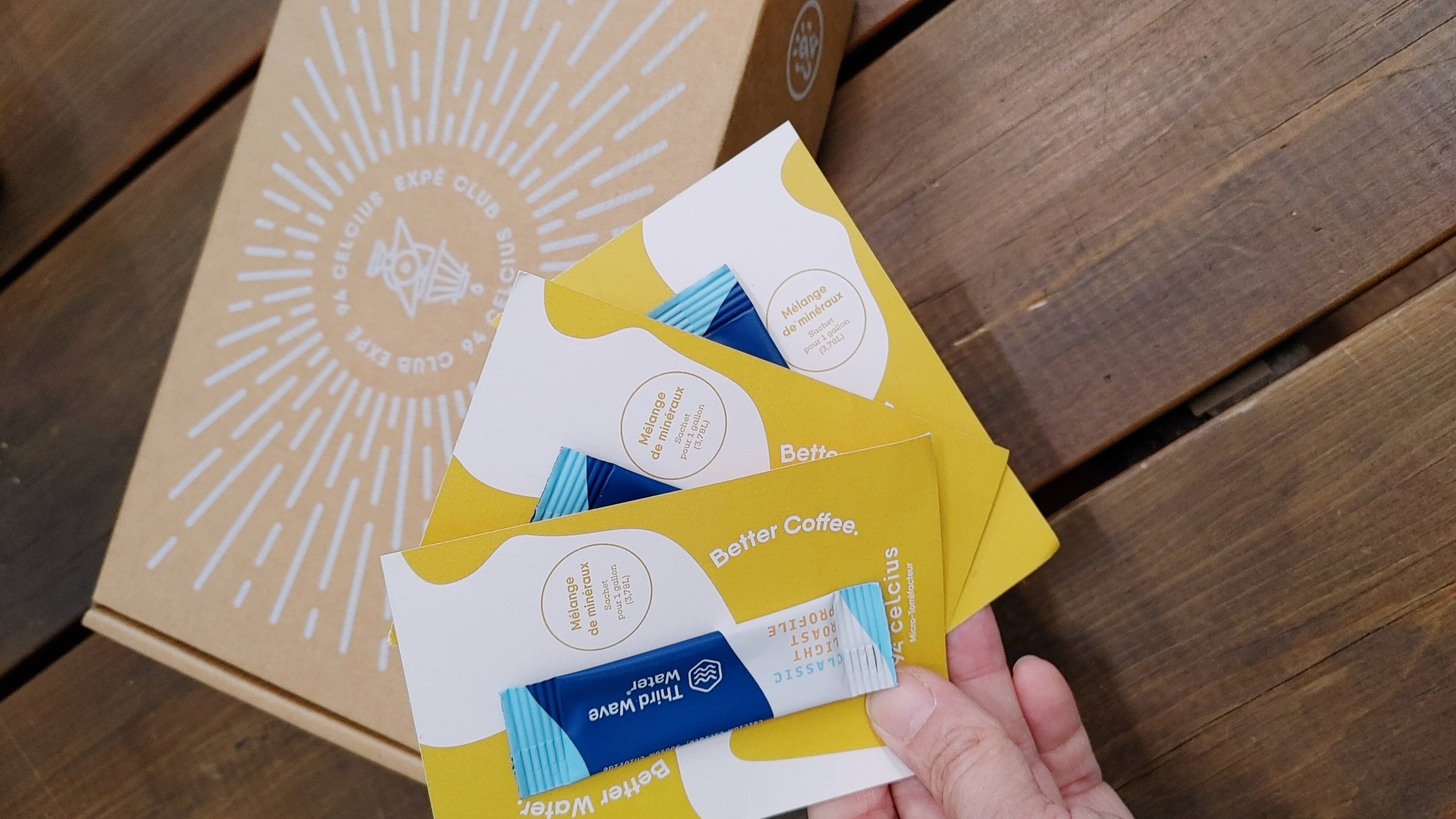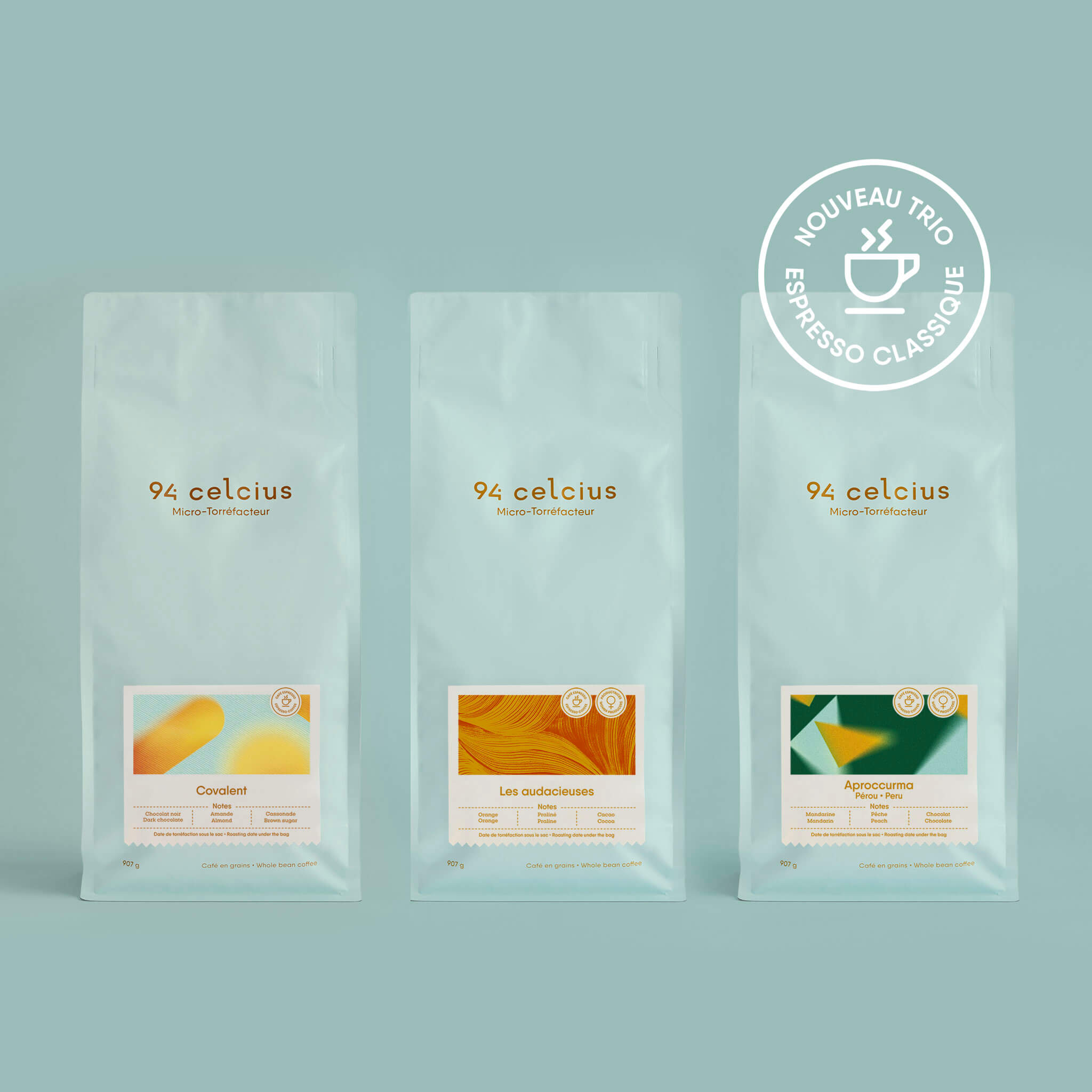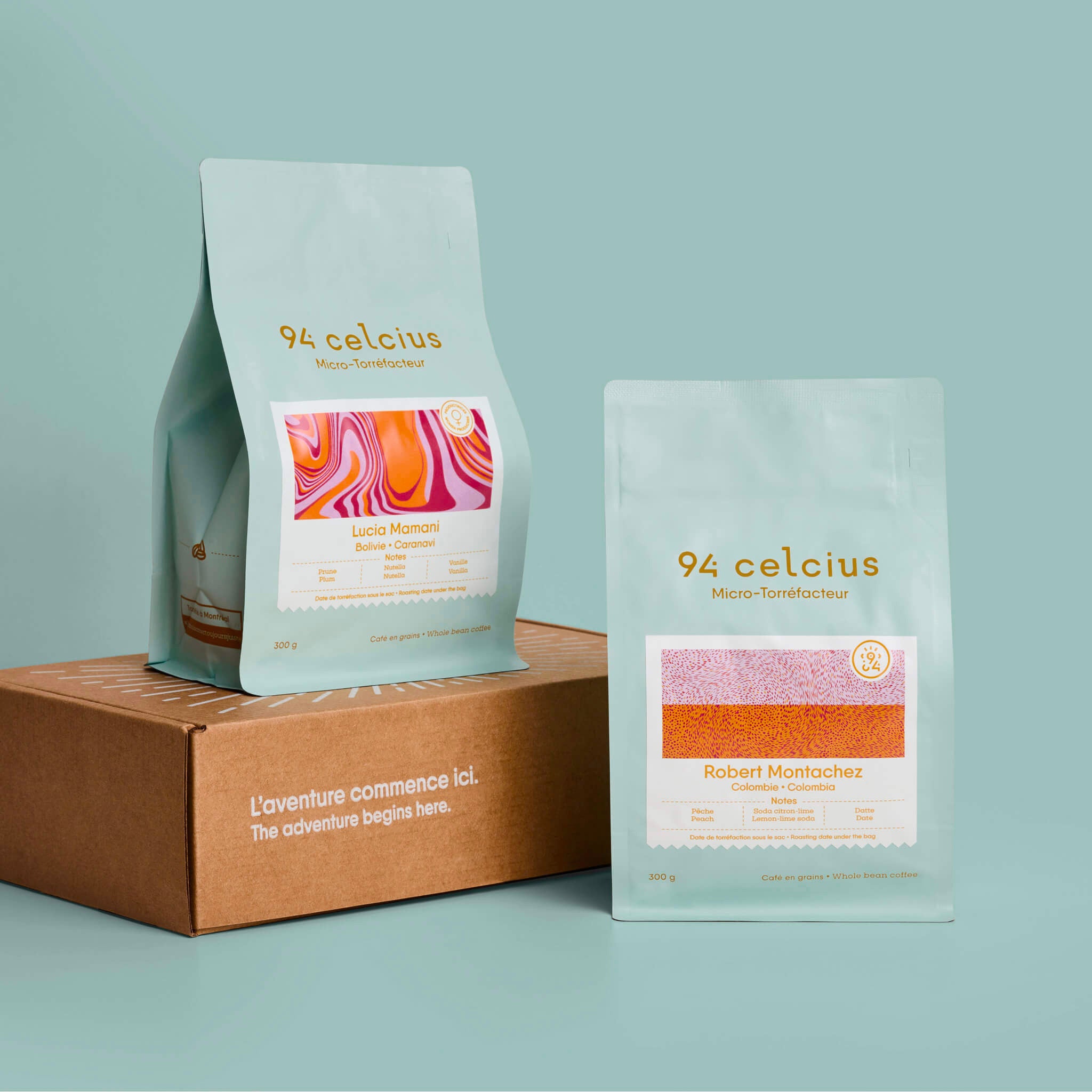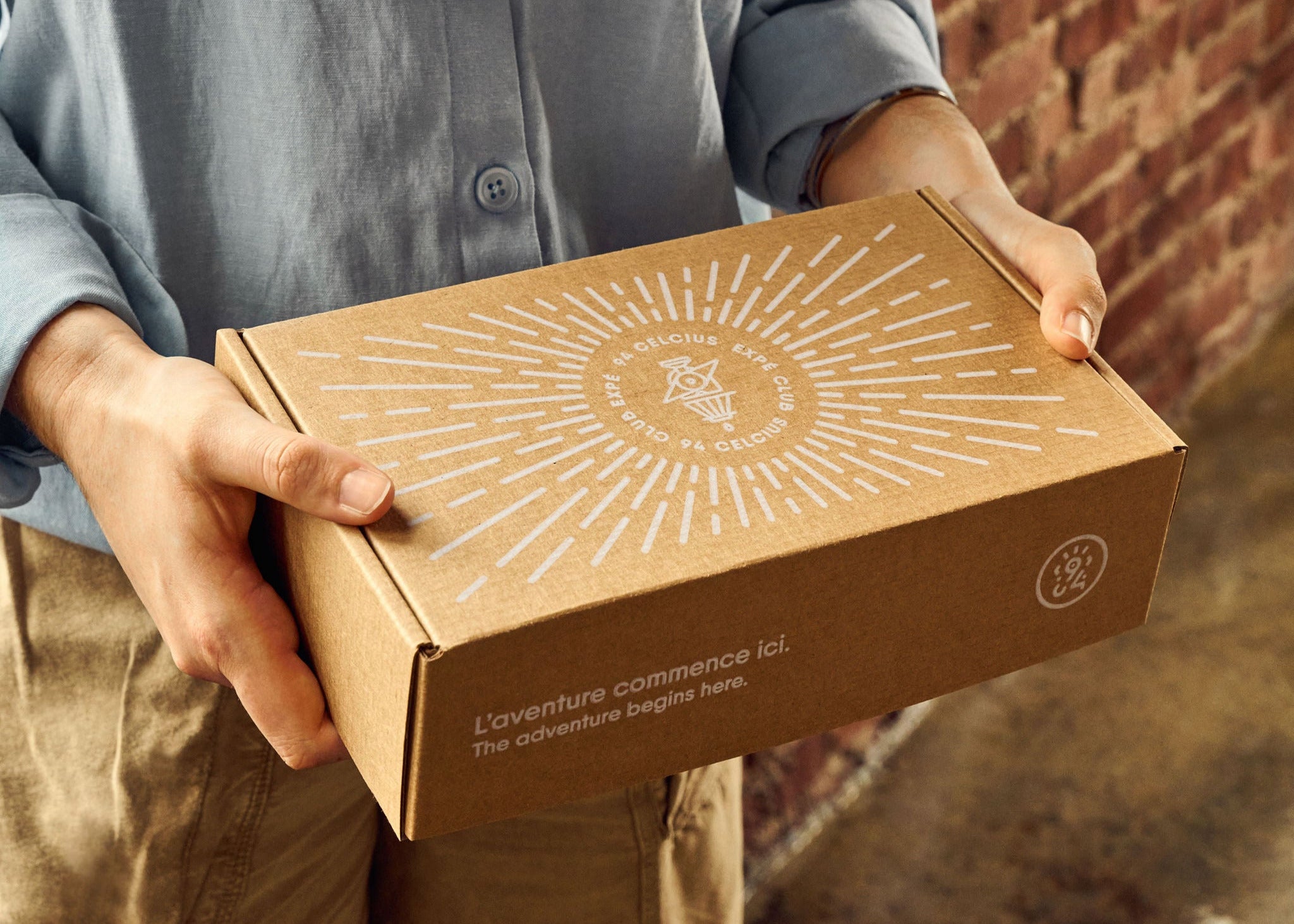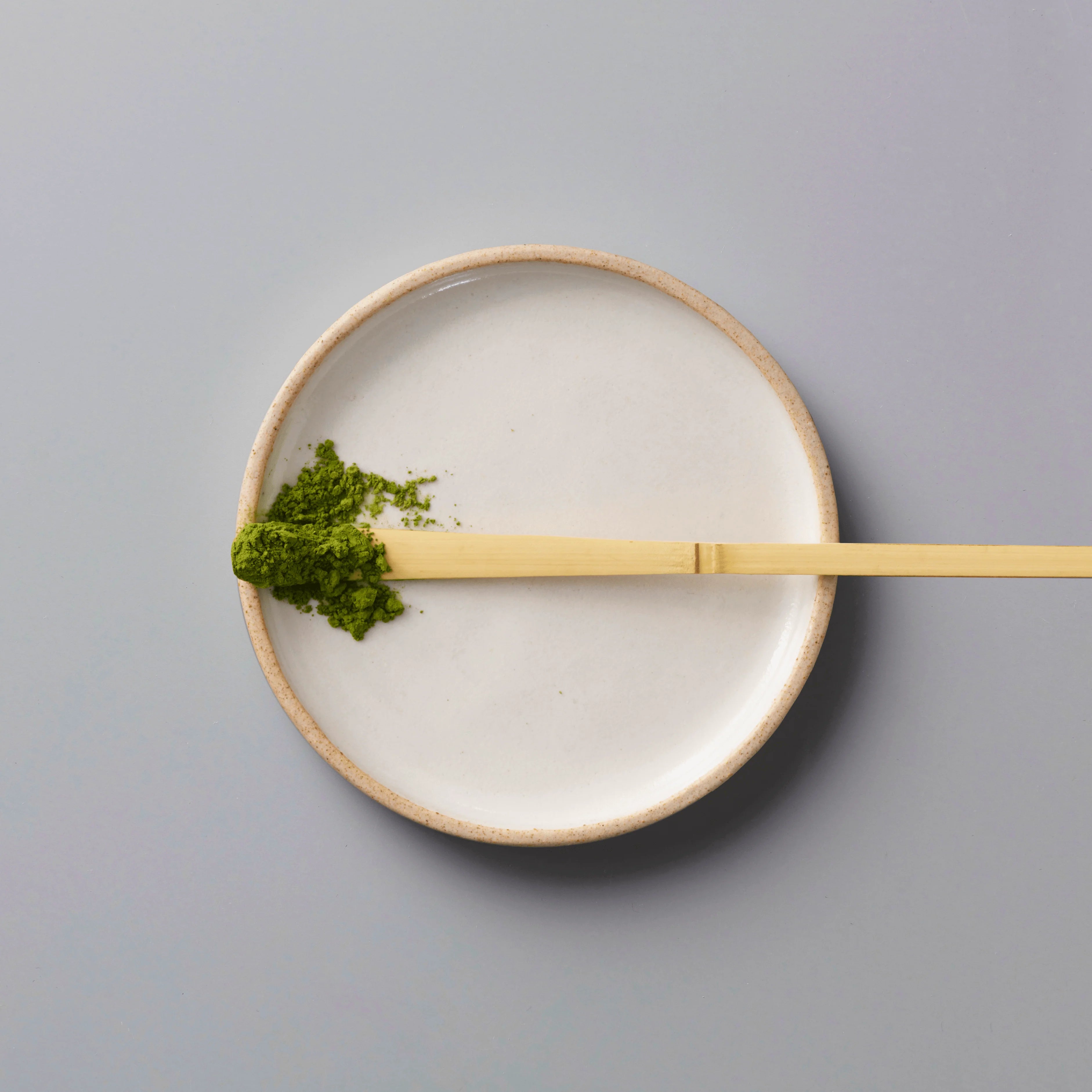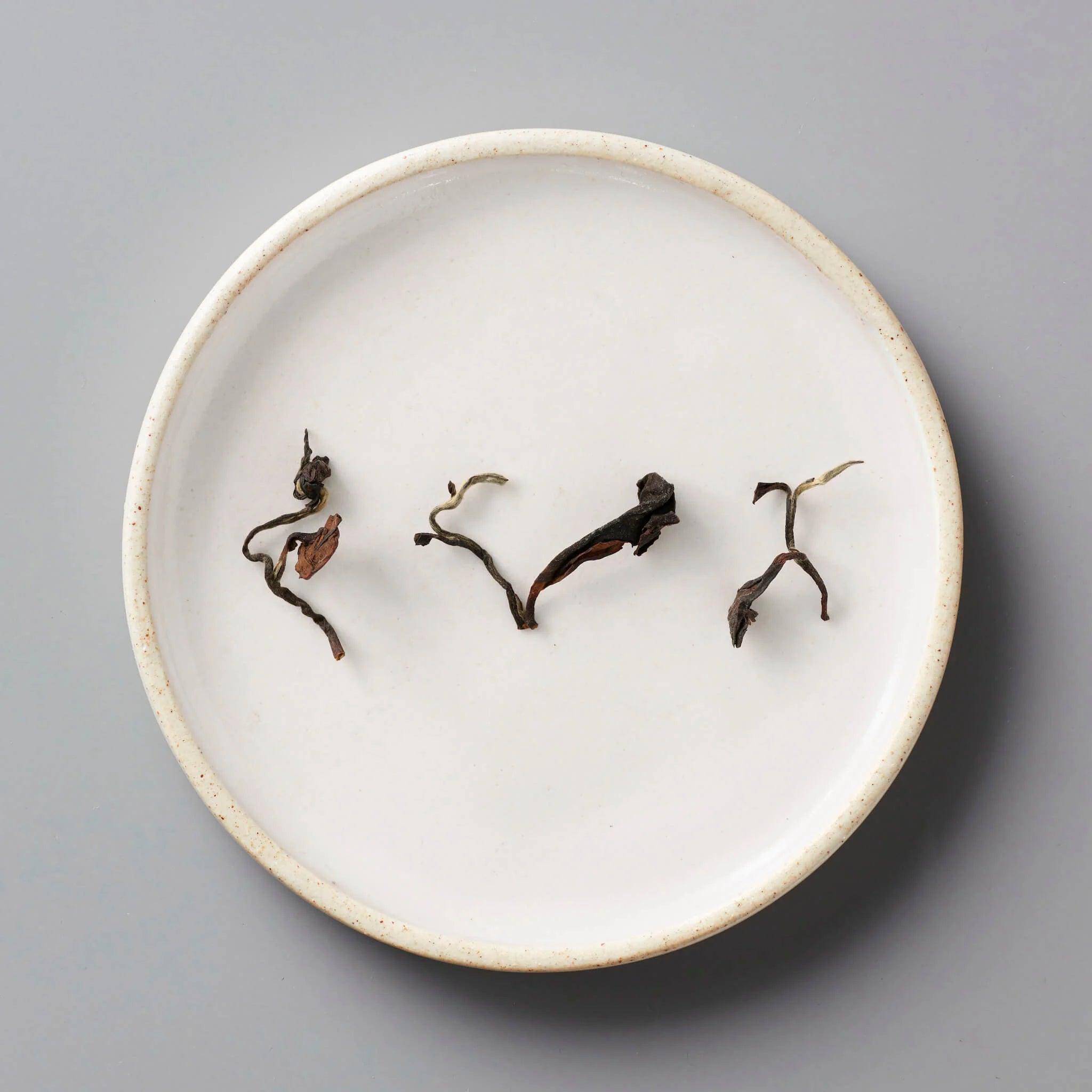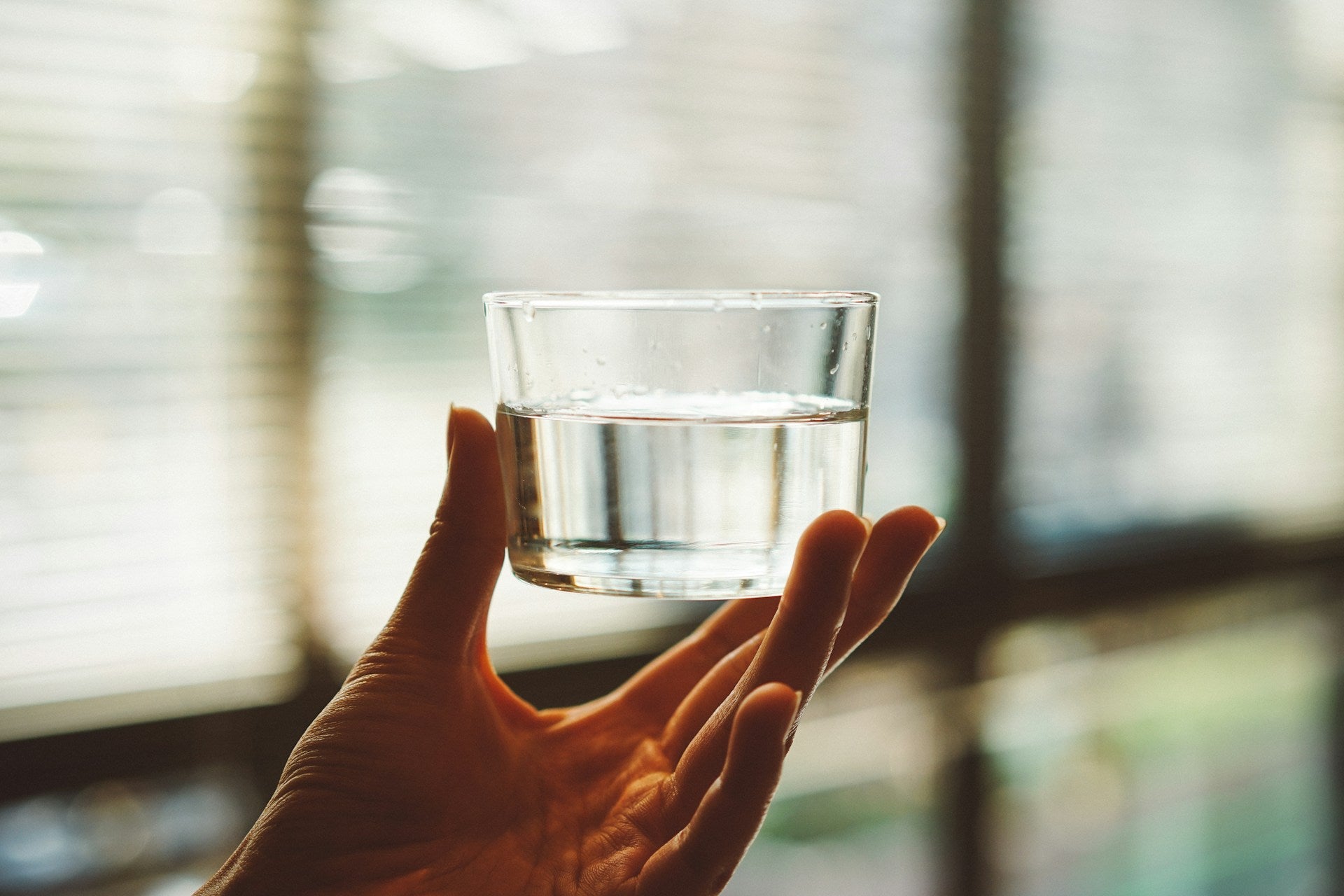You've just received your precious bag of 94 Celcius coffee and you've got a lot of questions?
Our "Getting started in the world of coffee" series is here to help you take your first steps into the world of specialty coffee. We'll be covering topics such as storage,extraction and the basics of roasting, among others.
Welcome, and please don't hesitate to ask us your questions!
When it comes to preparing exceptional coffee, we often think of the quality of the beans, the grinder or the brewing method used. However, one key element is often overlooked: the quality of the water. Water makes up 98% of the final composition of your cup of filter coffee, and around 90% for an espresso. Water plays a decisive role in extracting aromas and flavours from the coffee beans.
Water acts as a solvent during the brewing process, dissolving the aromatic compounds and oils in the coffee beans and transforming them into flavours that can be perceived in your cup. Water minerality, pH and hardness directly influence the taste of coffee. Poorly balanced water can neutralize subtle aromas or accentuate undesirable notes such as bitterness or excessive acidity. Conversely, quality water allows the best of each bean to be extracted, revealing the nuances and complexity of flavours that the roaster has carefully developed.
